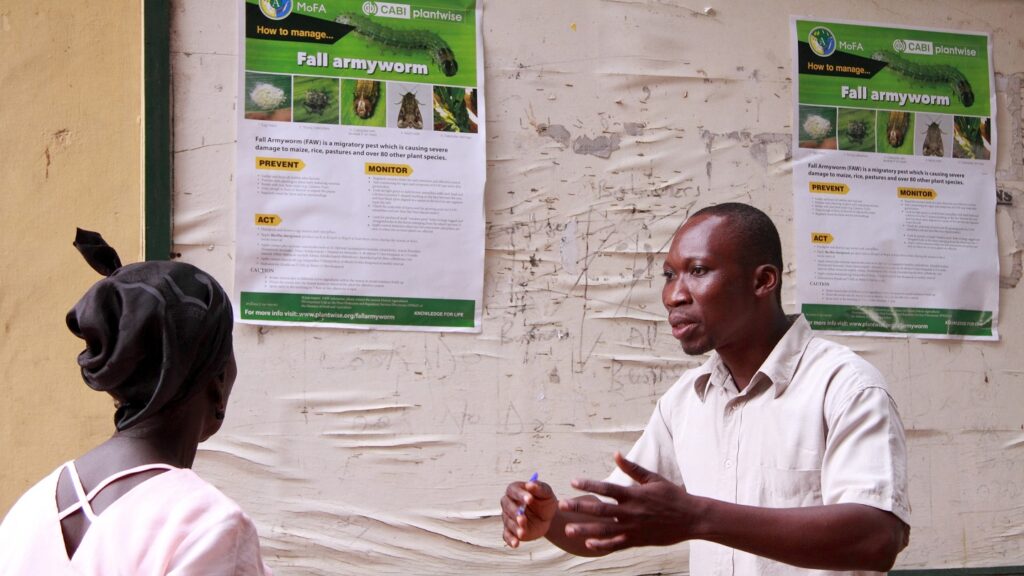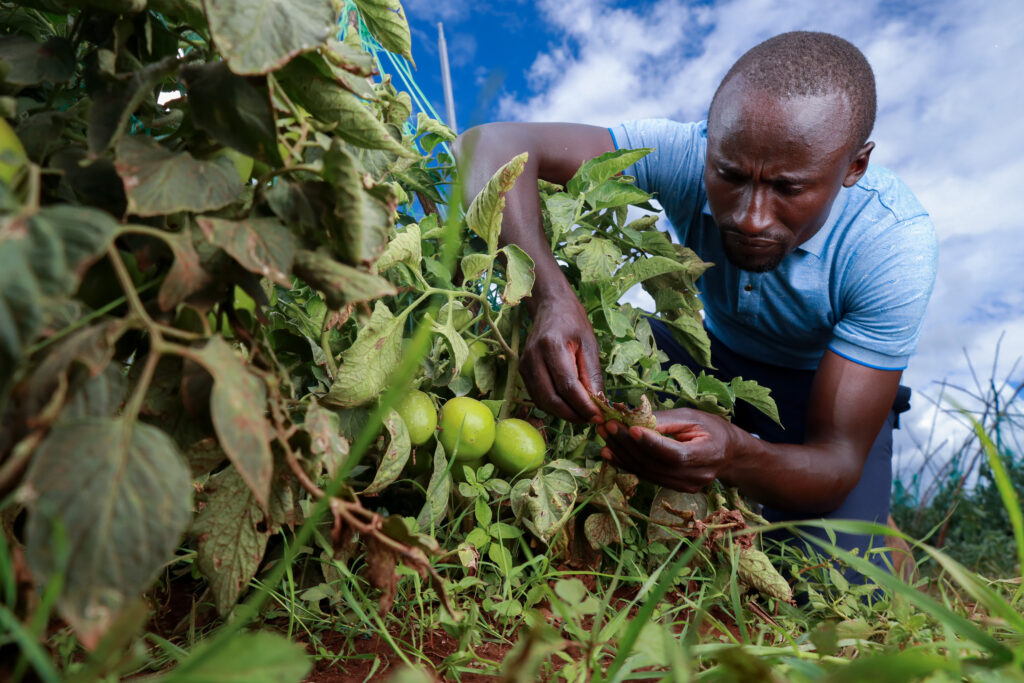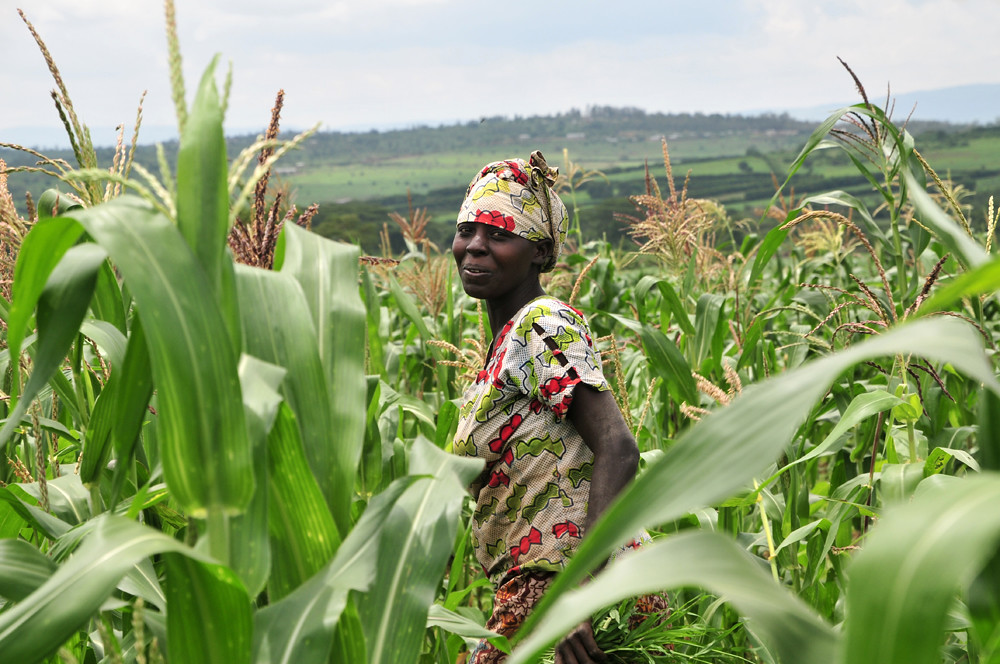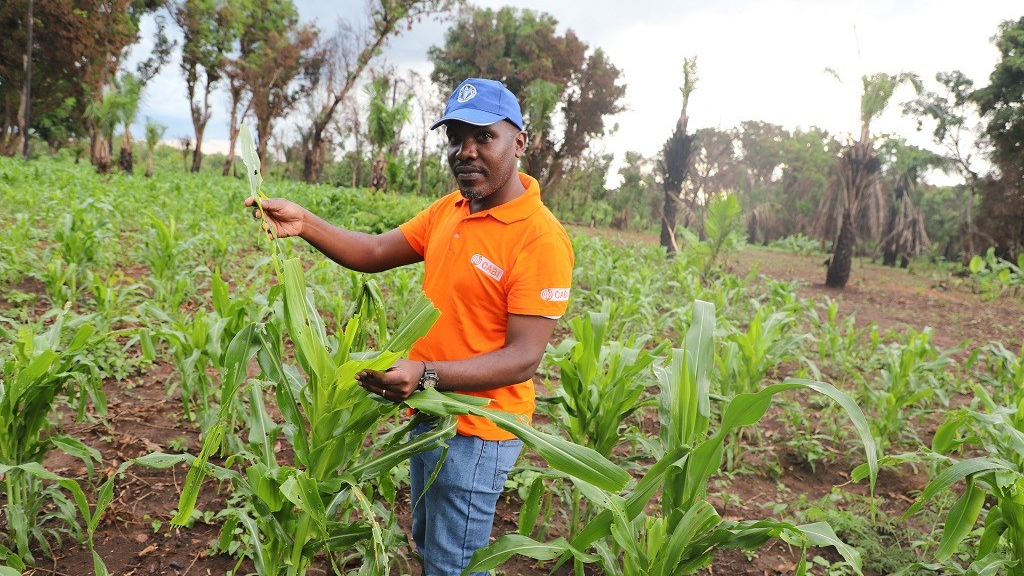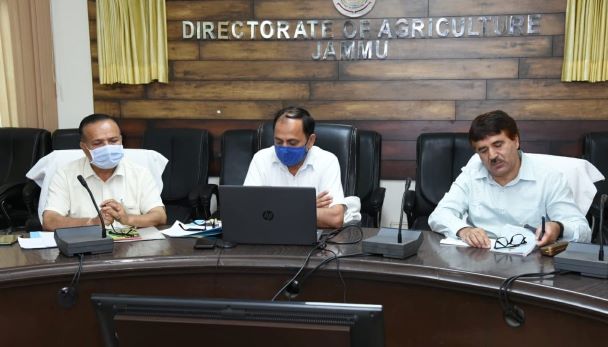CABI study unearths important lessons for the fight against fall armyworm
A study by CABI contributes important knowledge on fall armyworm (Spodoptera frugiperda). CABI’s research findings suggests that employing more sustainable and environmentally friendly solutions could help mitigate the damaging impacts of the species.
Early pest warnings and IPM advice are improving food security for maize farmers in Ghana
Pest warnings are changing the way that smallholders in Ghana farm. Smallholder maize farmers in Ghana have long grappled with the challenges posed by crop pests. Over the past few years, this has included the notorious fall armyworm. This voracious invader has, in the past, led to significant crop losses. And the losses have impacted…
The continuing struggle for onion farmers in the Philippines
Since mid-2022, the price of the humble red onion has been increasing in the Philippines. In December of last year, the price surged to around 700 pesos ($12.80; £10.40) per kilogram. Making onions more expensive than the equivalent amount of beef for Filipinos. A staple of Philippine cooking, the country consumes approximately 17,000 metric tons…
Why multi-channel agricultural extension works for fighting crop pests
Addressing fall armyworm in Eastern Rwanda We might often have a sense that if taking one course of action works, then doing more of it should amplify that work. It turns out this really is the case regarding agricultural extension. A PlantwisePlus-funded study has discovered the benefits of ‘multi-channel agricultural extension’. The research focused on…
Spotting and managing Spodoptera armyworms
Armyworms are the larvae of Spodoptera moths. There are over 30 different species of Spodoptera, which are found all over the world. Although structurally the same, there are differences between species in colour, host plants and geographical distribution.
Conservation farming: can it offset fall armyworm’s impact?
Conservation farming has been promoted in sub-Saharan Africa as a way to potentially improve yields while conserving the environment. Farmer livelihoods are increasingly threatened by climate change, declining soil fertility, land degradation, pests, and diseases. Finding sustainable farming methods that address these challenges is key to feeding a growing population.
PlantwisePlus: detecting and responding to plant health threats
Invasive species specialist Dr Ivan Rwomushana is one of the Global Team Leaders for CABI’s new global PlantwisePlus programme. His role within the programme is to strengthen decision support systems for the detection and response to pest outbreaks and plant health threats.
Webinar discusses sustainable management of fall armyworm
A webinar was hosted by the Department of Agriculture Production and Farmers Welfare, Jammu and CABI to promote the sustainable management of Fall armyworm (spodoptera frugiperda). The informative webinar explored how this invasive pest can be monitored and managed in the maize growing regions of Jammu, Northern India.


